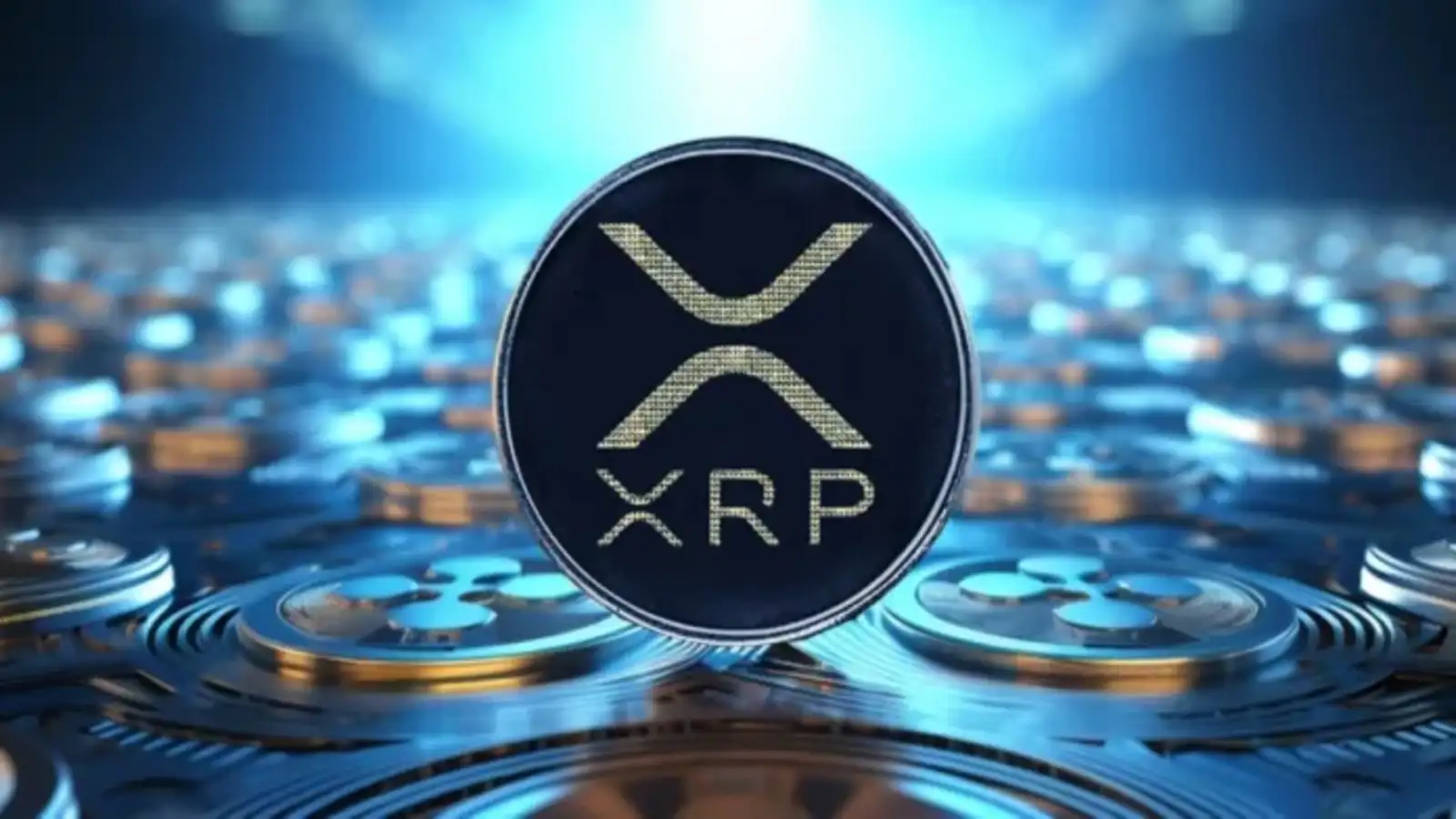Ripple has reportedly taken a significant step in Europe through a major partnership with DZ Bank, Germany’s second-largest financial institution. The bank has officially launched Ripple’s institutional custody technology to manage digital assets, including tokenized bonds and crypto securities.
According to a series of posts by @pumpius on X, DZ Bank is now using Ripple Custody to support the real-world use of blockchain for asset management. Under the Electronic Securities Act (eWpG), Germany can move financial products online as completely digital assets instead of using paper documents.
This legal clarity has enabled DZ Bank to move forward with production-level deployment of blockchain infrastructure.
With €350 billion in asset management, the bank is now the first major European firm to use Ripple to handle tokenized securities for actual transactions. This does not represent a trial or a sample. It provides services to actual clients using regulated assets.
The integration gives DZ Bank the ability to support the full lifecycle of digital financial instruments—from issuance and custody to settlement—on a distributed ledger. It was made with the increasing push for central bank digital currencies (CBDC) and regulated digital assets in Europe.
🚨 BREAKING: Ripple Just Cracked the German Banking Fortress
DZ BANK, with €350 BILLION in custody,
has gone live with a Ripple-powered digital asset custody platform.
This isn’t hype.
This is the architecture of a new global financial system.
Here’s what you’re not being… pic.twitter.com/aJiouB98R7
— Pumpius (@pumpius) June 2, 2025
Also Read: Ripple vs. SEC: Pundit Says Buy More XRP as This Major Update is Expected on June 13
DZ Bank Sets a New Standard for Institutional Blockchain Adoption
While Ripple has not issued a public statement on the deployment, @pumpius notes that this quiet but strategic integration is part of a broader plan. Ripple is focusing on embedding its technology within regulated institutions rather than making public announcements.
DZ Bank’s adoption of Ripple Custody places the company at the center of a shift toward digital financial systems within the European Union. Many expect digital euro payments to use similar forms of encryption as well, using blockchain platforms in the same way.
It shows that Ripple is expanding its involvement in European banking and finance. In addition, a growing number of Tier 1 banks are interested in using blockchain with regular custodial services.
Ripple’s partnership with DZ Bank in Germany is an important development for the growth of institutional use of blockchain. The integration supports regulated tokenized finance and signals growing trust in Ripple’s infrastructure within Europe’s banking sector.
Also Read: Crypto Market Moves: TRON Dips as Bitcoin, Ethereum, and DOGE Rise
